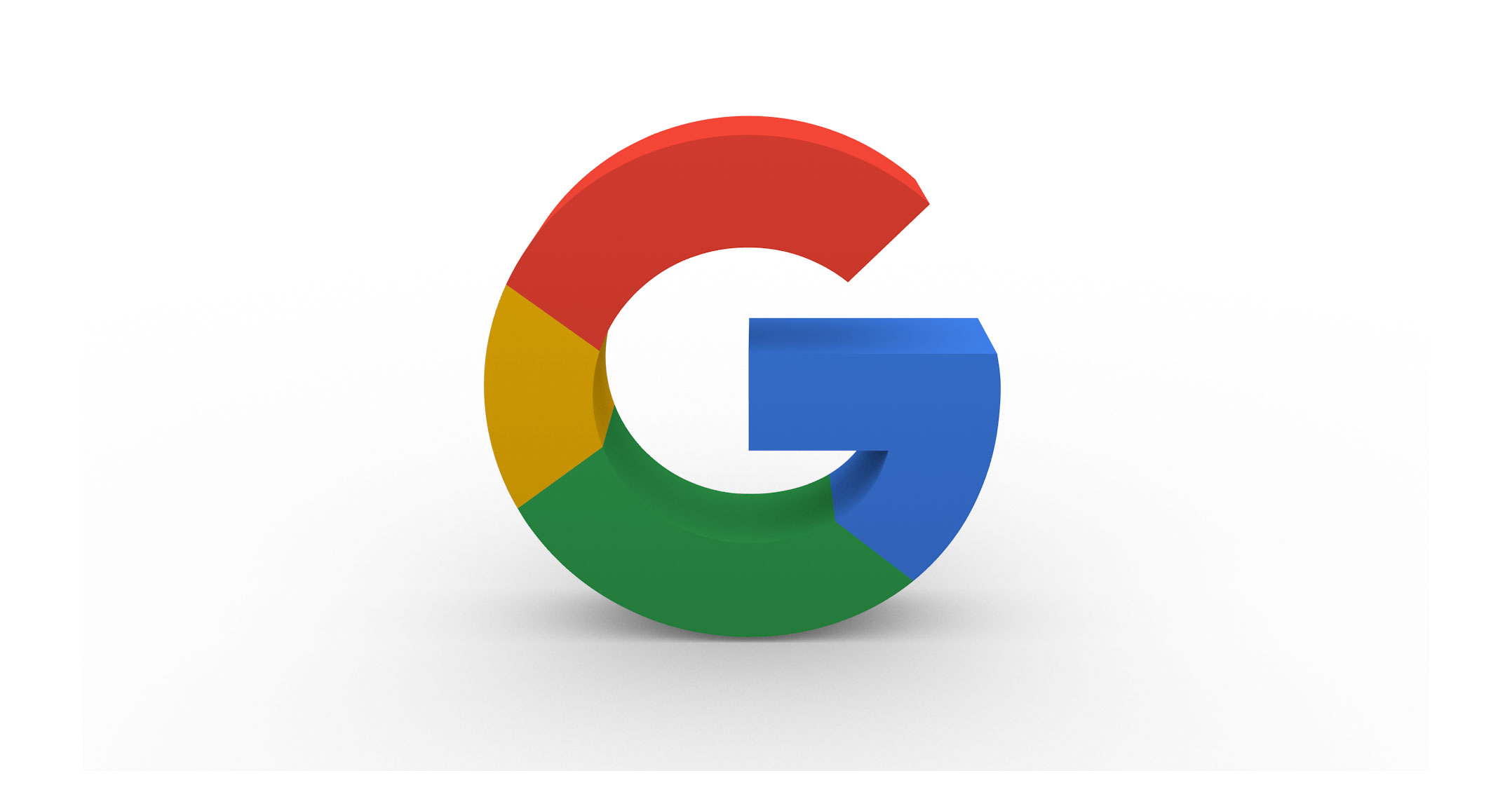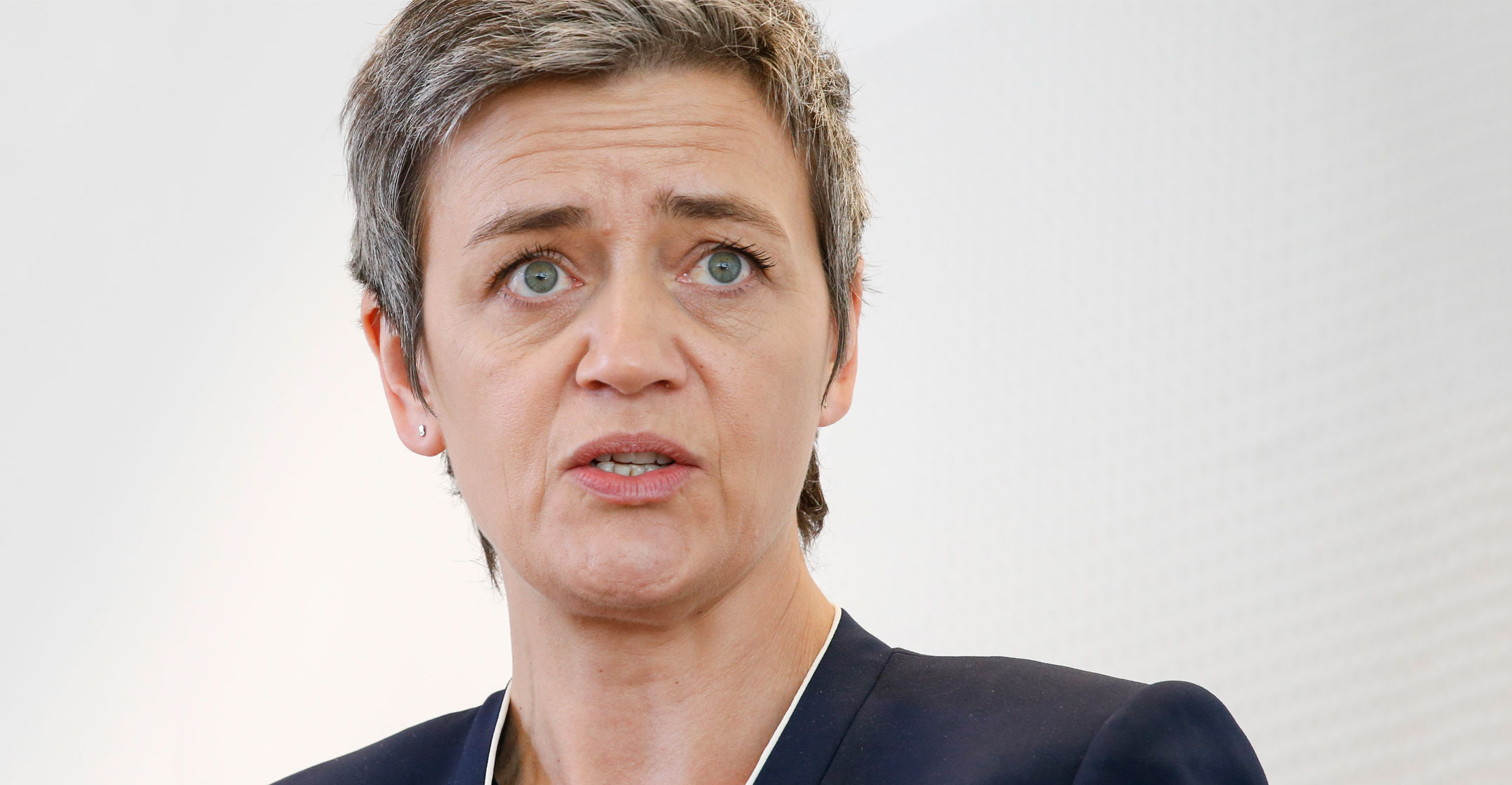 As US authorities ready the biggest antitrust case of the new century, there are lessons to be learnt from Europe’s attempt to inject more competition into search, one of the most lucrative digital markets.
As US authorities ready the biggest antitrust case of the new century, there are lessons to be learnt from Europe’s attempt to inject more competition into search, one of the most lucrative digital markets.
Two years after a record fine and an order to give Europeans more choice, Google retains a vice-like grip on this business. In May 2018, just before the European Commission acted, Google had 97% of the mobile search market in the region, according to StatCounter. Its share for May this year was even higher.
“We don’t want them to copy the current EU model because it’s fundamentally flawed,” said Gabriel Weinberg, CEO of rival search service DuckDuckGo, referring to the justice department and state regulators. The firm spoke recently with those authorities about Google’s dominance.
How US regulators proceed, and whether they learn from Europe’s experience, will help determine the fate of what is likely to be the most important antitrust case since the DoJ sued Microsoft more than two decades ago. With more than US$100-billion in cash, and quarterly profit exceeding $6-billion, big fines have little impact on Google. So regulators are increasingly looking to remedies that may change the company’s behaviour and offer consumers more choice. The DoJ reached out to at least one European company, Ecosia, to discuss versions of Google’s remedy in the EU case, the German search engine has said.
In 2018, Europe’s antitrust authorities focused on the subtle but important factors that solidified Google’s grip on the region’s mobile search market. Getting a service pre-installed on smartphones often leads to big user gains, as does appearing on the home screens of handsets. Google has used deals tied to its popular Android mobile operating system to ensure its search engine gets such prized placements, leaving little room for rivals.
Choice screen
The EU ordered Google to stop bundling its search and browser apps with Android. Google reacted by charging phone manufacturers to license Android. It also opted to appease regulators by offering choice to users — but only on new Android phones from 1 March and only via a “choice screen” of three alternative search apps shown once when people switch on the handsets for the first time.
There’s a precedent for approaches like this working. In 2017, Russia’s antitrust watchdog ordered Google to let competing search engines and other apps be pre-installed on Android smartphones in the country. The company also had to create a “choice window” for devices already in the market, so users could choose their default search engine when they next updated the software on their devices. Since that ruling, Russia’s Yandex has grown its search market share in the country by 20 percentage points to 58%, according to Bernstein Research estimates.
Europe’s choice screen has failed to produce similar results so far. In March and April, rivals DuckDuckGo, Givero and Seznam.cz won slots to appear but got no new downloads for their search apps. DuckDuckGo was offered to customers across Europe while Givero bid to appear only in Denmark and Seznam in the Czech Republic and Slovakia.

In May, Seznam said it got fewer than a thousand downloads. Two other search providers said the choice screen has brought them no new customers. They asked not to be identified, citing a non-disclosure agreement with Google. Another search app, PrivacyWall, saw “no major market share shifts”, according to CEO Jonathan Wu. Microsoft’s Bing, a well-financed and capable challenger to Google, has barely appeared on the choice screen, winning just one slot in the UK from May to June. Microsoft and other search companies declined to comment.
Bernstein analysts have already concluded that the choice screen is “unlikely to be a major disrupter to Google in its current form”, according to an 18 June research note.
Google declined to give details on how many times the choice screen has been shown to European consumers. Android “provides people with unprecedented choice in deciding which applications they install, use and set as default on their devices,” the company said. “In developing the Choice Screen for Europe, we carefully balanced providing users with yet more choice while ensuring that we can continue to invest in developing and maintaining the open-source Android platform for the long term.”
However, the Internet giant may be maintaining its lead in Europe because consumers think it has the best search engine.
Google invests billions of dollars a year to provide quick, accurate answers to queries. Wall Street analysts often say users would switch back to Google after using alternatives, and they’ve been right before. However, the case of Yandex suggests otherwise. Many Android phone owners in Russia have been using Yandex’s search engine for at least a year and the market share data indicate there’s been no big switch back to Google.
It isn’t the European Commission’s job to force Google to be smaller or less dominant. Instead, the antitrust authority tries to set up mechanisms to trigger more choice and remove roadblocks. That means even if the choice screen is seen billions of times by consumers in the region, Google’s market share could remain at 97%.
Flopped
“The European Union probably did the best job they could with the rules that they had,” said Aitor Ortiz, an analyst with Bloomberg Intelligence. “The problem is maybe the rules were not fit for the purpose.”
The real reason the European choice screen has flopped so far is that the remedy was designed poorly, according to Google rivals in the region.
While Russia ordered Google to show consumers search alternatives on Android phones, the EU merely asked Google to choose how it could remedy alleged bad behaviour and a lack of competition. Google mimicked a pop-up menu first used in 2009 by Microsoft to resolve an EU antitrust probe into Web browsers. Showing users other browser options even helped Google’s Chrome gain ground against Microsoft’s Internet Explorer.
 Microsoft didn’t charge rivals to appear in this browser choice screen and showed as many as 12 rivals. In contrast, Google is using a paid auction to pick rival apps for each country. The highest bidders appear in three slots on the Android choice screen alongside Google. The company only gets paid when another app is downloaded, but it also gets valuable data on rivals’ business strategies.
Microsoft didn’t charge rivals to appear in this browser choice screen and showed as many as 12 rivals. In contrast, Google is using a paid auction to pick rival apps for each country. The highest bidders appear in three slots on the Android choice screen alongside Google. The company only gets paid when another app is downloaded, but it also gets valuable data on rivals’ business strategies.
The approach “lets the fox watch the hens”, said Brian Schildt Laursen, owner of Denmark-based Givero. Apps “have to tell Google what markets are important to us, and what we are willing to pay to get into these markets”.
“A general misunderstanding was that EU citizens from 1 March had a free choice of search engine on Android,” he added. “This was not the case.”
Successful bidders are supposed to get monthly invoices from Google showing how many of their apps have been downloaded. That data should help rivals tweak their bidding strategies. But DuckDuckGo’s Weinberg said these reports have been pretty useless so far. “We’ve got two that are just flat zero,” he said. “We have not seen any real activations or any evidence that any real user has seen the preference menu.”
DuckDuckGo has proposed changes that include scrapping the auction and replacing it with a non-pay-to-play model that includes far more than four search options for consumers.
Weinberg and Schildt Laursen also blame another part of the process for delaying new Android phones that come with the choice screen. Unlike the Russian order, which applied to existing handsets, the EU remedy gives consumers a one-time prompt that will only pop up on new phones.
Delays
Android phone manufacturers must update their software and get Google to sign off on the new versions before shipping the latest devices. This means few smartphones even have the choice screen yet. The Covid-19 pandemic has also curbed purchases of new handsets and disrupted some production, adding to delays.
Schildt Laursen said no new Android phones with the choice screen have come out in Denmark. DuckDuckGo and PrivacyWall said the only phone that has been approved and shipped to Europe recently is the Xiaomi Mi 10, which is relatively pricey and not widely available.
The problems with the Android auction echo another EU antitrust order for Google’s shopping search that critics say enriches Google without delivering much real traffic to competing product search firms. While the EU hasn’t weighed in on whether these remedies are effective, it is preparing a legal pathway that would let it demand fast changes to anticompetitive behaviour instead of big fines.
![]() Margrethe Vestager, the EU’s top antitrust official, has voiced frustration about her inability to increase competition in tech markets. During a recent webinar, she blamed the pandemic for the initial poor results of the choice screen remedy, saying “very few Android phones have been shipped due to the Covid crisis”.
Margrethe Vestager, the EU’s top antitrust official, has voiced frustration about her inability to increase competition in tech markets. During a recent webinar, she blamed the pandemic for the initial poor results of the choice screen remedy, saying “very few Android phones have been shipped due to the Covid crisis”.
More phones and more time may give a clearer picture on whether users will pick another search app when they are given the choice, she argued.
For DuckDuckGo’s Weinberg, though, there’s already one clear lesson for the US: do it differently.
A choice screen done right “could actually work”, he said. — Reported by Aoife White and Natalia Drozdiak, (c) 2020 Bloomberg LP

